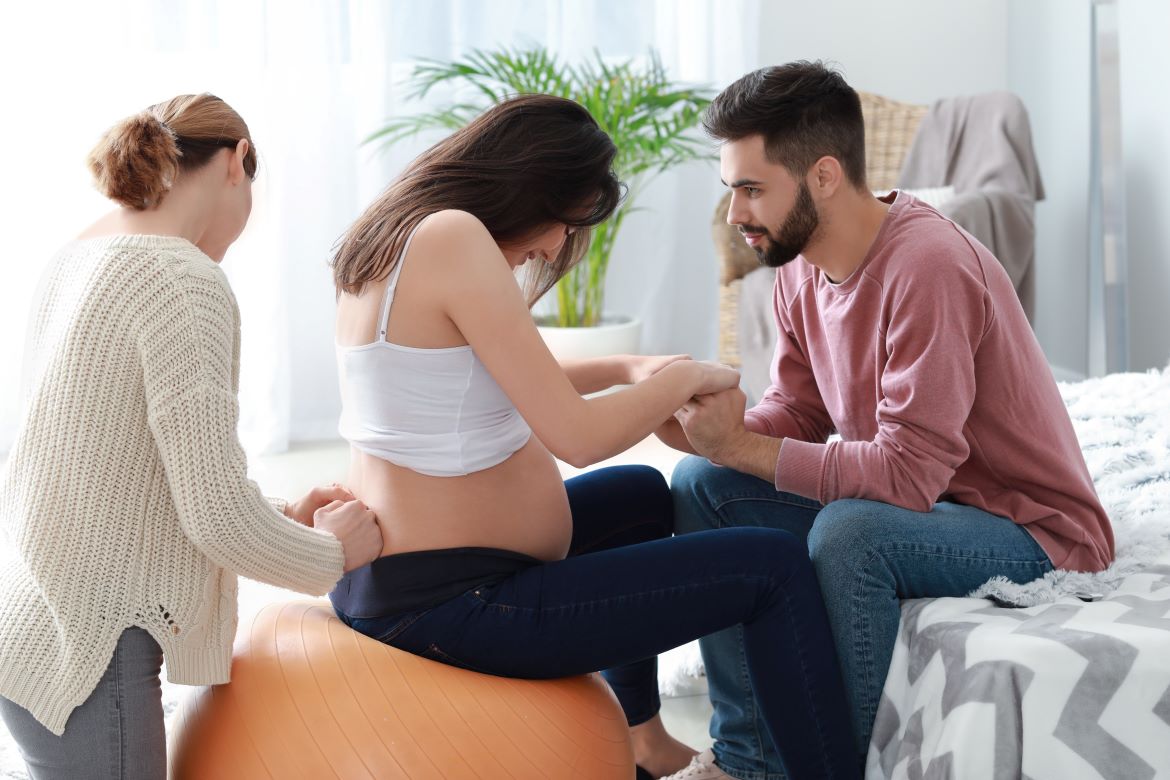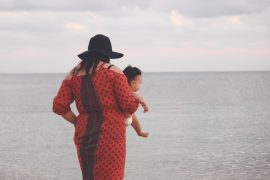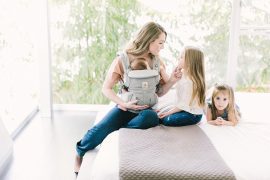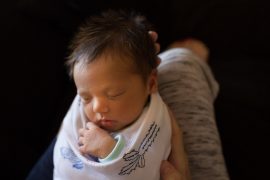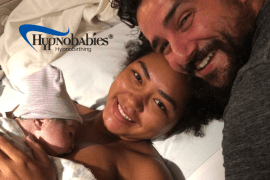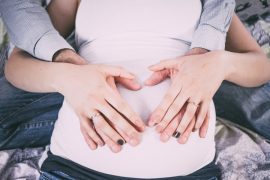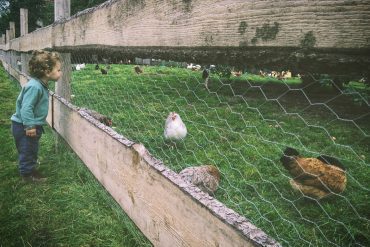By Vicki Hobbs
This could be because maternity care has changed and become more medicalised hospital maternity care.
Women are choosing doulas because they want more.
Obstetricians, midwives and obstetric nurses are responsible for monitoring labour, assessing the medical condition of the mother and baby and treating complications when they arise, but birth is also an emotional and energetic experience with a long-term impact on a woman’s wellbeing.
Doulas are highly trained professionals who provide continuous physical, emotional, mental, holistic, and informational support to a woman and her partner before, during and after childbirth. This can apply to a woman planning a physiological birth, home birth, hospital birth or a planned caesarean.
But do you need help convincing your partner of the benefits of having a doula at your birth?
One of the main reasons a couple may not hire a doula is because the partner thinks the doula may take over their role, but it is essential to know that the doula will be very inclusive of the partners and will ensure that they are prepared and feel confident with their role as the birthing partner as well.
Women are choosing doulas because they want more.
It’s all about teamwork!
Each team member has an important part to play.
Doulas regularly attend continuing education to ensure they are current with the latest research and evidence-based practices. They also learn techniques such as massage, acupressure, and optimal positioning to have a toolbox to help the mother manage pain, feel comfortable and avoid interventions and drugs if that is her desire.
Your doula can provide resources and information, but they don’t make decisions for you. Instead, they support whatever decisions you make based on your circumstances, but they also help you to know and understand the choices you have available to you.
A growing body of research shows doulas do make a difference.
The latest research compiled in August 2017 by Evidence-Based Birth showed that women with a doula were 39% less likely to have a caesarean.
Another study identified that women who had independent birth support (specifically a doula, not a midwife or someone from their family or friend network) were:
- More likely to have a spontaneous labour
- Less likely to have synthetic oxytocin
- Less likely to ask for an epidural or drugs
- Less likely to be dissatisfied with their birth
- More likely to have shorter labours
- Less likely to have a caesarean
- Less likely to have an instrumental birth (forceps & vacuum)
- Less likely to have a baby with low Apgar scores.

